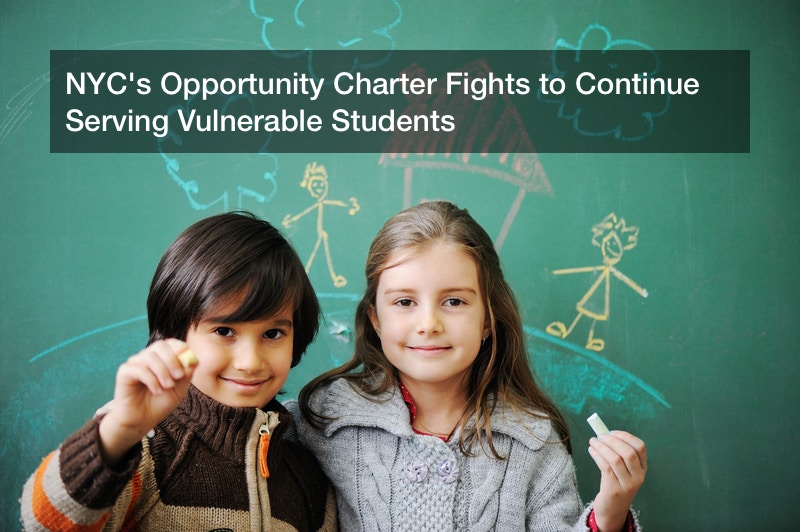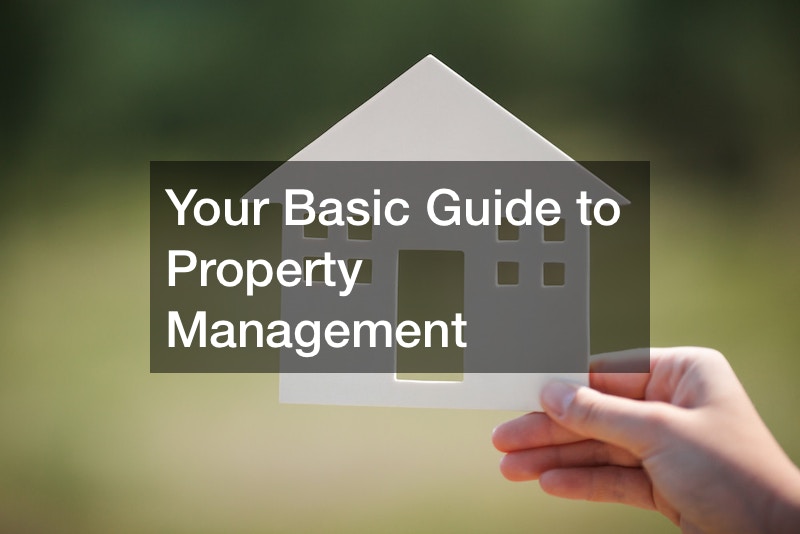 In the wake of a Trump presidency, cities all across the U.S. have vowed to protect their undocumented immigrants. One of the latest metropolises to join these ranks is Malibu, California. Although the debate was heated, the proposal for Malibu to become a sanctuary city finally passed 3 to 2. And while it’s largely a symbolic one, it provides privileged residents the opportunity to stand up for those on which they depend on a near-daily basis.
In the wake of a Trump presidency, cities all across the U.S. have vowed to protect their undocumented immigrants. One of the latest metropolises to join these ranks is Malibu, California. Although the debate was heated, the proposal for Malibu to become a sanctuary city finally passed 3 to 2. And while it’s largely a symbolic one, it provides privileged residents the opportunity to stand up for those on which they depend on a near-daily basis.
As one of L.A. County’s wealthiest cities, Malibu is approximately 92% white; only 6% of the population there is Latino. Most locals are in agreement that the city has a large number of undocumented immigrants — and that residents look to these workers when they want to eat at an upscale restaurant, need someone to watch their kids, or require a luxurious backyard oasis. A recent survey found that 75% of Americans feel it’s important to spend time outside in their yards — but do they feel it’s important to protect those who keep them looking lush?
In spite of ardent support from actor and activist Charlie Sheen, as well as the well-known liberal lean of the city, the vote for the proposal was close. And while most residents seem to support the measure, some think that it won’t do much good. Malibu receives under $50,000 in federal funds for immigration efforts — which it could lose if Trump makes good on his threat to defund cities with sanctuary status — but it also contracts out both policing and jailing duties to the Los Angeles County Sheriff’s Department. That means that, regardless of the vote, that department’s policies will trump (pun not intended) Malibu’s own when dealing with immigration authorities.
But Councilwoman Laura Rosenthal, who proposed the ordinance, stresses that the status means something to those in the Latino community who are living in the area illegally. Officials at the Boys and Girls Club told Rosenthal that there are nearly 80 kids who are either undocumented or who have undocumented parents.
“When I reached out to some of the people at the schools and other people in the community, they told me people are scared. That’s people coming into Malibu who may be undocumented. I wanted to send a clear message that we are here for you.”
In a letter from a local resident during the council meeting, Rosenthal read, “Our city depends on a Hispanic population to support our comfortable lifestyle. Do we not owe them what comfort and protections that are possible in these challenging times?”
One undocumented immigrant, identified as Eric, told the Los Angeles Times that after the ordinance passed, “I feel more safe. We can work without being worried.”
With its new sanctuary status, Malibu joins about 400 other cities and counties across the United States.




